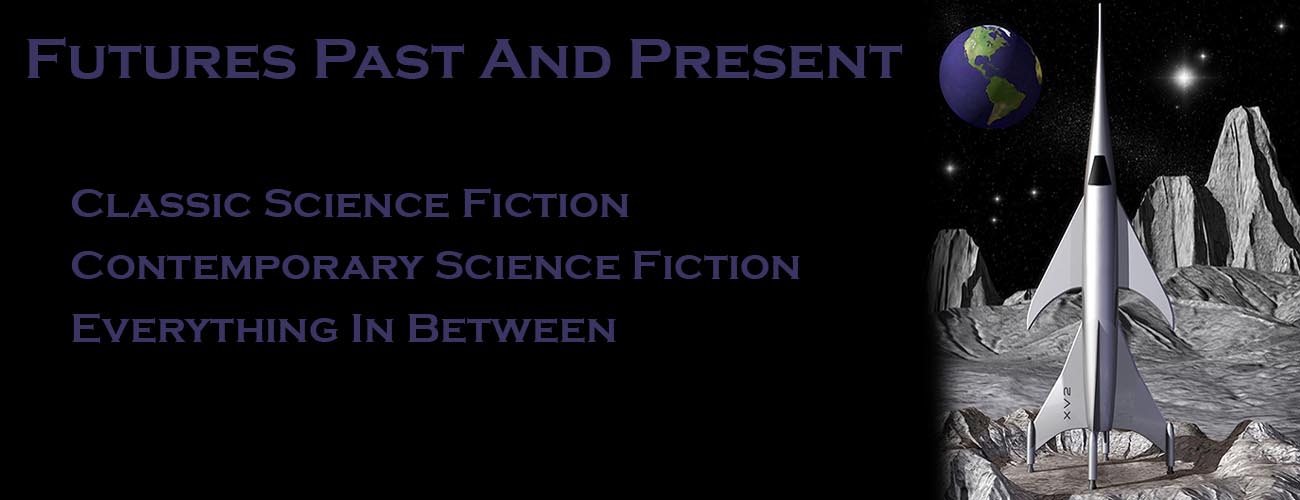 Ancient Shores
Ancient Shores
Jack McDevitt
Harper Collins
mass market paperback $7.99
ebook $6.99
Jack McDevitt has long been one of my favorite science fiction writers. In addition to his clean prose and in-depth characterizations, his novels tend to have an element of mystery. I think to a large extent that’s what I like about his work.
Still, McDevitt is prolific enough that I haven’t read all of his work. Until recently, Ancient Shores fell into this category. When I found out that this year’s novel (McDevitt typically has a new release in either November or December each year) was the sequel, I knew I needed to read Ancient Shores.
Here’s the premise. About 10,000 years ago, there was a large lake covering much of south-central Canada and portions of North Dakota and Wisconsin called Lake Agassiz. The lake eventually drained during a period of glacial retreat.
Ancient Shores opens when a farmer uncovers a boat while digging on a hill on his farm. It’s no place for a boat to be, and furthermore, the boat is made of unknown material. The investigation of this mystery soon leads to the discovery of what’s becomes known as The Roundhouse. It’s a cylindrical structure atop a bluff that was once the shoreline of Lake Agassiz. It’s also on a Sioux reservation.
Before long a startling discovery is made. The Roundhouse contains machinery that allows instantaneous transportation to other worlds. In Ancient Shores, three of these destinations are explored: a paradise world near the Horsehead Nebula, a space station outside the galaxy, and a strange place the explorers call The Maze.
There aren’t a lot of answers given in Ancient Shores as to where this technology comes from or who built it. Remember the mystery aspect of McDevitt’s work I mentioned?
What McDevitt does is show how disruptive such a discovery would be. After all, if you could introduce instantaneous travel from one place to another, what effect would that have on the transportation industries such airlines, bus lines, and the oil industry? What are the theological implications of such a discovery? How will the Sioux, who own the land, be affected by The Roundhouse? How would the international balance of power be affected?
And where are the aliens who built The Roundhouse? Why did they abandon it? What happened to them? Are they still out there, and if so, will they come back?
Of course not all of these questions are answered. Which to me added to the realism of the scenario. For every question we answer about the universe, we often discover two more. McDevitt did an excellent job of examining these things. He introduces more characters than you typically find in a novel of this length my hardcover copy is 400 pgs) or even in an epic fantasy. I’m impressed by not only how he could keep track of them all, but how easy he made it for me to keep track of them.
Ancient Shores is everything science fiction should be. It’s got character growth, a scientific mystery, logical extrapolation, and a sense of wonder and adventure. Check it out.
I’ll review the sequel Thunderbird next.
